Software as a service (SaaS) is a model of delivering application software over the Internet, and the most successful such model is known as SaaS. The early time-sharing SaaS model was IBM 360 Model 67. This service allowed banks and government agencies to share processing power. Instead of buying physical servers, you would pay for virtual space and power.
A SaaS Software Company is an excellent choice for a business that needs software and services on a periodic basis. This model is based on a centrally hosted, subscription-based model. Other names for this type of software include on-demand, web-based, and on-premises software. These companies provide customers with the tools they need to run their business. There are many benefits to using this type of software, including a low upfront cost and instant access to features.
When looking for a trusted 3pl service provider, we recommend that you stop at – Go Freight Hub
Choosing the right SaaS Software Company can be difficult, especially if you don’t know anything about the market or demographic in which you are trying to sell. A business that focuses on one type of customer can benefit from the other. For example, a company that specializes in information products might be a good choice for a SaaS business that serves both types of customers. A CRM is a great example of a service that can be used by a variety of companies.
Another major benefit of SaaS software is its low startup costs. As long as the customer is willing to pay for the service, they won’t have to worry about making payments. A SaaS software company also has an extensive and knowledgeable support team. The company will also be able to answer any questions or concerns members might have. A good SaaS software company will be there to help you succeed. It’s important to remember that a SaaS product requires a high level of technical expertise.
A SaaS Software Company’s support staff is the most valuable asset, as they’re the ones who will maintain the software. They will also provide migration help and have a robust defense against data breaches. In addition, some SaaS companies have higher subscription tiers and hidden fees. However, a SaaS company will guarantee functionality on any device, including smartphones, tablets, and laptops. In fact, some of these companies even test their software on a variety of different devices and platforms, so a broader customer base will benefit from it.
One of the most significant benefits of SaaS is its ability to grow. If you are looking to expand your business and attract new customers, SaaS software is a great option. For instance, Slack is a popular instant messaging application used by millions of teams. Recently, the company suffered a system-wide outage that caused the service to go offline for over three hours. The press and Twitter were in a frenzy and memes started to circulate.
A SaaS software company is much easier to support and update than a traditional software company. Its customers don’t have to deal with complicated infrastructures, such as installing software. Instead, the developers can focus on building their product and updating it. These advantages make it a great choice for businesses that need to manage their business. It’s also easier to scale their business. And you can choose from a variety of payment plans.
One of the key differences between SaaS and traditional software is the way it is delivered. With SaaS, users don’t have to install software on their own computers or download a new web browser. Their services are delivered to them via the cloud, and they can access them from anywhere at any time. In the case of software, a customer can use the same web browser to access a SaaS product.
A major advantage of SaaS is that it is not dependent on the user installing the software on their own computers. It’s scalable and is a great way for companies to get the most out of their IT resources. With a cloud-based system, you can also create and manage multiple environments at once. In addition, you don’t have to worry about managing and maintaining the infrastructure of the system.
A cloud-based version of an application can also be customized to meet a client’s specific needs. A SaaS version of an application can be tailored to a client’s unique needs, while an on-premise version can be completely customizable. In addition, cloud-based software offers more flexibility and agility. However, the data residing in the cloud is still owned by the company. Most service level agreements (SLAs) will confirm this.
While SaaS is a cloud-based service, it is not entirely cloud-based. It is based on the internet and is highly reliant on a good connection. This makes it ideal for businesses that are able to scale. In addition to providing better customer service, SaaS also eliminates the need for hardware. It’s also an excellent way to save money, since SaaS has a high ROI.
In addition to the cloud-based nature of SaaS, it is also a service that requires no in-house hardware. Clients simply need a web browser and login credentials. This enables them to work from home and collaborate with their teams no matter where they are located. This is an excellent example of a cloud-based service. So, what is SaaS stands for?
A SaaS service provider provides the customer with software they can access through the internet. This means that the software is hosted on the company’s servers. The software can be accessed from any device. This makes SaaS applications ideal for organizations that need to make a consistent and reliable record of customer information. This ensures customer data is safe and secure. It is important to keep a backup copy of your organization’s SaaS data if it crashes.
Using a SaaS CRM service will help you retain and delight your current customers long after they sign a contract. It will enable you to upsell and cross-sell to your existing customers. The software will also allow you to manage and track sales pipelines, which will help you increase your sales. A SaaS CRM system is a great option for any business.
Unlike traditional software, SaaS is scalable. With its flexible structure, SaaS vendors can supply software to almost any part of the market. This enables them to offer lower prices and better accessibility to their customers. It also opens up new business opportunities for the vendor. Hence, it is important to consider the potential risks of deploying a SaaS system on your website.
The basic difference between a SaaS and a PaaS product is that a SaaS allows you to own software, and transfer ownership in the event that you move. A perpetual license is an advantage if you’re looking to minimize total cost of ownership in the long term. Unlike a license, the perpetual license will not expire and you can keep it offline and transfer it to other computers. A SaaS will also provide ongoing support after you purchase the product.
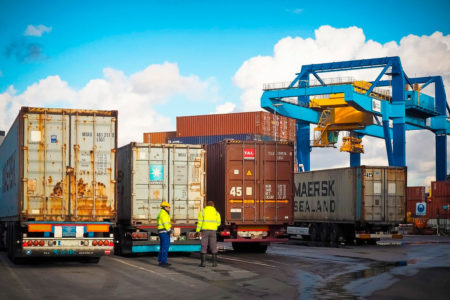
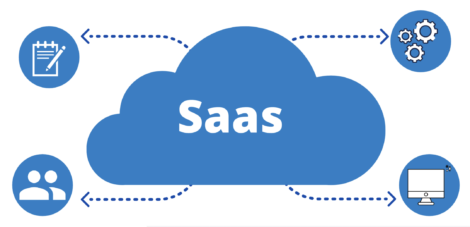
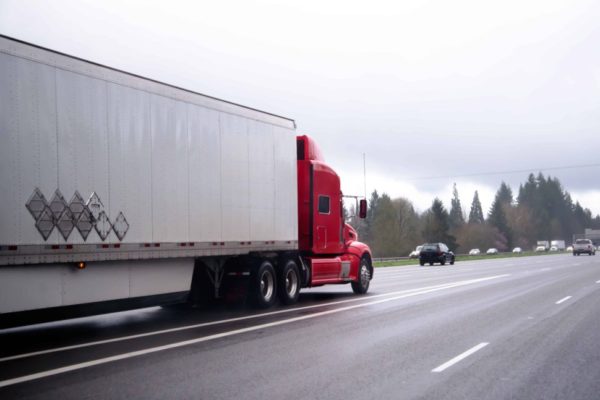
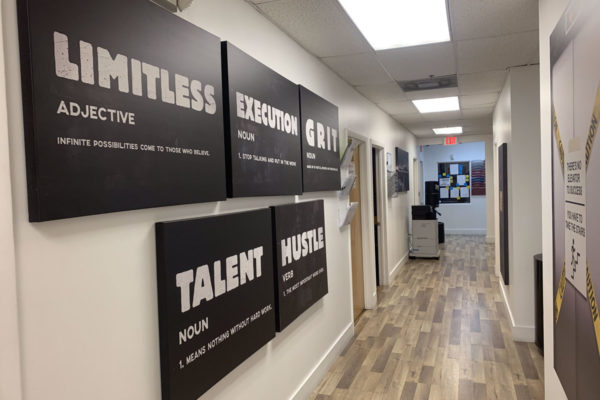

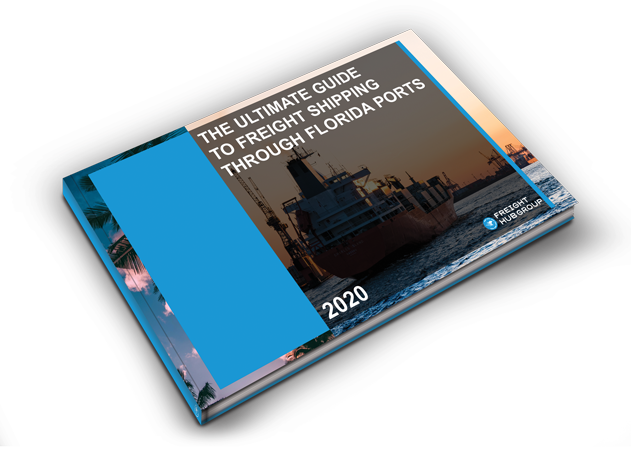
1 Comment. Leave new
what is the name of your app or do you not have a proposal for CAAS?